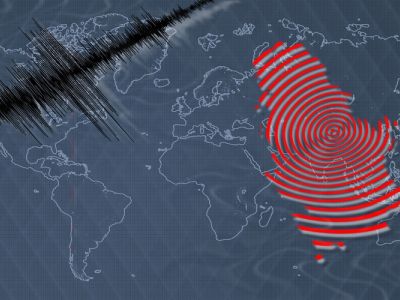Britain failed to put Hezbollah's militant branch on the European Union's (EU) terror list on Wednesday, as several goverments expressed fears over the move fuelling more violence in the Middle East, diplomats told Reuters.
Following an inconclusive meeting on June 4, when the UK pushed for the blacklisting of the Lebanese group, a select EU committee met to deliberate the issue on Wednesday. The British government failed to win sufficient backing for the move.
Speaking to Reuters, diplomats said that the discussions are not yet over - Britain may try and raise the issue at a higher level, citing a possible meeting of foreign ministers slated for July.
“There was no agreement and the understanding was the issue will be discussed further, but not in this (group),” a diplomat told Reuters.
Britain has been pushing for the Shiite group to be listed as a terrorist organisation since evidence came to light that it was behind the bombing of a Bulgarian bus in July 2012 that killed five Israeli passengers and their driver. Hezbollah denies their involvement in the event.
Pioneering Israeli rights, Britain has also charged the group with a four-year prison sentence given to a Hezbollah member in March by Cyprus over charges that he was plotting to attack Israeli interests on the island, according to Reuters.
With indicators that Hezbollah are increasingly involved in the Syrian crisis and have been providing crucial assistance to forces loyal to Syrian President Bashar Assad's government, as well as fanning the flames of sectarian war in Lebanon, the UK's movement has gained a certain level of urgency. The move has started to pick up momentum among the UK's fellow European states, but still lacks sufficient supprt.
According to Reuters, diplomats report that the majority of the EU's 17 member states back the UK's proposal, including France and Germany.
However, a unanimous vote is required and the governments of Austria, the Czech Republic and Italy are among those that have faltered over the move.
Putting Hezbollah on the terror list would mark a significant policy change from the EU, which has refused to blacklist the militant arm of the group for years despite pressure from Washington and Israel.
Already on the EU blacklist are groups such as Hamas, the Palestinian Islamist movement that rules the Gaza Strip, and Turkey’s Kurdish militant group PKK. Their assets in Europe are frozen and they have no access to cash there, meaning they are blocked from raising money for their activities, according to Reuters.










